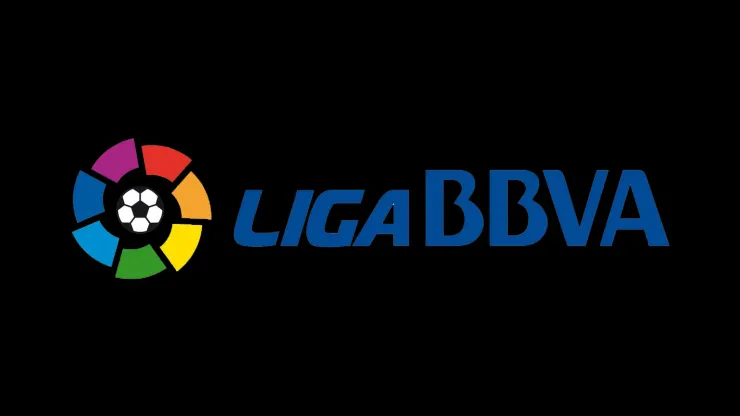The Spanish Football Federation (RFEF) has decided to suspend all competitions from May 16 onwards in a dispute with the government over the new TV rights deal signed into law at the end of April. The RFEF says it wasn’t properly consulted when the rights were being negotiated, therefore accusing the government of a “lack of respect”.
Spanish football at its heart can be some of the most brilliant in the world, but this dispute is why so many are skeptical of it outside Real Madrid and Barcelona.
Until this new deal, teams negotiated their TV rights individually, which is why Real Madrid and Barcelona raked in TV money by the bucket-load when smaller clubs would often receive 100 million Euros less in TV revenue. The stratification of Spanish football has become even more pronounced due to the debt crisis gripping the country, and this new TV contract should, in theory, allow the playing field to be leveled so smaller clubs don’t have to worry so much about how to “keep the lights on.” It should also lessen the amount of insane 9-1 matches between Real Madrid/Barcelona and say Granada, thereby increasing the competitiveness of the league.
But with the players not getting nearly the share they want (4.55%) and without the consultation of the RFEF and players in the deal negotiations, the final 2 weeks of La Liga and the promotion chase from the Segunda Liga could be shuttered. The destination of a title could be decided in these two weeks and if a resolution is not reached, then the season could resume when many of Real, Barcelona and even Atleti’s major players are out on international duty.
In order for Spanish soccer to survive in a sustainable form, this TV deal is critical. The gap between Real Madrid/Barcelona and even Sevilla/Valencia is gigantic, and the gap between one and twenty in La Liga may be the widest in Europe. One of the reasons for the Premier League’s sustained success is the relative parity from teams one through twenty and that has to do with the equal sharing of TV revenues that started many years ago. The Spanish government and TV companies realized this, which is why this deal was so promising.
These negotiations that will stem from the upcoming suspension of league games will likely not derail that even if the formula is changed slightly, but Spanish football is unable to get out of its own way even when progress has been made. A dramatic title race could come down to these last two games, especially when Atletico Madrid play Barcelona on May 16, and also the future of clubs could be decided in the Segunda promotion race. If these games are moved, or even cancelled, the RFEF and players would have done themselves and Spanish football a major disservice.
It’s right for the players and RFEF to want a say in the discussions, but postponing critical games that could well decide the future of Spanish soccer seems only like a Pyrrhic victory.
Especially with the prospect of an el Clasico final in the Champions League between Barcelona and Real Madrid, this suspension is a terrible way to stunt great momentum.
200+ Channels With Sports & News
- Starting price: $33/mo. for fubo Latino Package
- Watch Premier League, Women’s World Cup, Euro 2024 & Gold Cup
The New Home of MLS
- Price: $14.99/mo. for MLS Season Pass
- Watch every MLS game including playoffs & Leagues Cup
Many Sports & ESPN Originals
- Price: $10.99/mo. (or get ESPN+, Hulu & Disney+ for $14.99/mo.)
- Features Bundesliga, LaLiga, Championship, & FA Cup
2,000+ soccer games per year
- Price: $5.99/mo
- Features Champions League, Serie A, Europa League & Brasileirāo
175 Premier League Games & PL TV
- Starting price: $5.99/mo. for Peacock Premium
- Watch 175 exclusive EPL games per season






